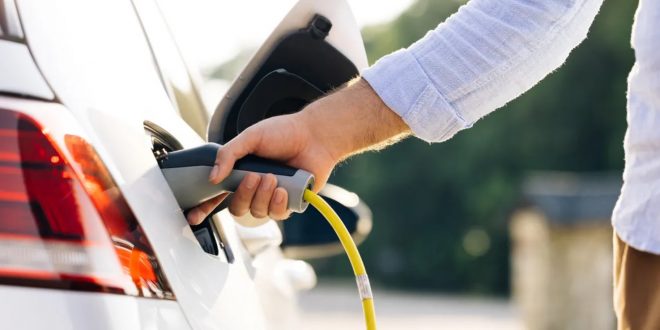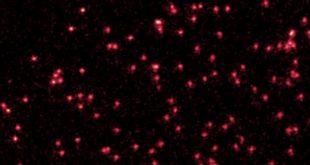Range is a significant challenge in the shift from gasoline-powered to electric cars (EVs). What is the maximum range on a single charge? Researchers have developed a composition that significantly enhances conventional design. They claim they can extend the average range of electric vehicles to beyond 1,000 kilometers (600 miles). The key is silicon.
Due to its widespread availability, silicon is seen as an interesting ingredient to use into battery designs. Silicon has the undesirable characteristic of swelling when charging. Silicon components may expand thrice after charging before returning to their original size. Engineers do not like rapidly growing battery components, regardless of their benefits.
Silicon has been used in batteries as nanoparticles due to its specific benefits and the reduction of drawbacks. Yet, additional disadvantages arise due to the intricate and costly process of manufacturing these nanoparticles.
Scientists at Pohang University of Science and Technology in South Korea are focusing on silicon particles that are about 1,000 times larger, transitioning from the nano to the micro size. These are more cost-effective to manufacture and possess high energy density. Expansion is the primary concern at this scale, but the team has successfully addressed it.
They used a gel polymer electrolyte that may deform throughout the charging process due to the change in size of the silicon. Merely placing silicon particles in the gel is insufficient; they must be chemically bonded. The gel-microparticle mixture was exposed to an electron beam for this purpose. This established covalent bonds between the two, resulting in improved stability while mitigating the impact of expansion.
The battery showed consistent performance similar to normal lithium-ion batteries, but with the added benefit of a 40% increase in energy density.
We used a micro-silicon anode and achieved battery stability. Professor Soojin Park said that this study is advancing towards a genuine high-energy-density lithium-ion battery technology.
The team contends that the production procedure for this kind of battery is so simple that this method is prepared for rapid implementation. It would be interesting to see the performance of this strategy in a full-scale battery system.
The study has been published in the journal Advanced Science.
 Tech Gadget Central Latest Tech News and Reviews
Tech Gadget Central Latest Tech News and Reviews




